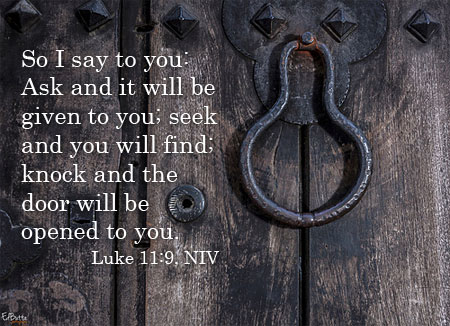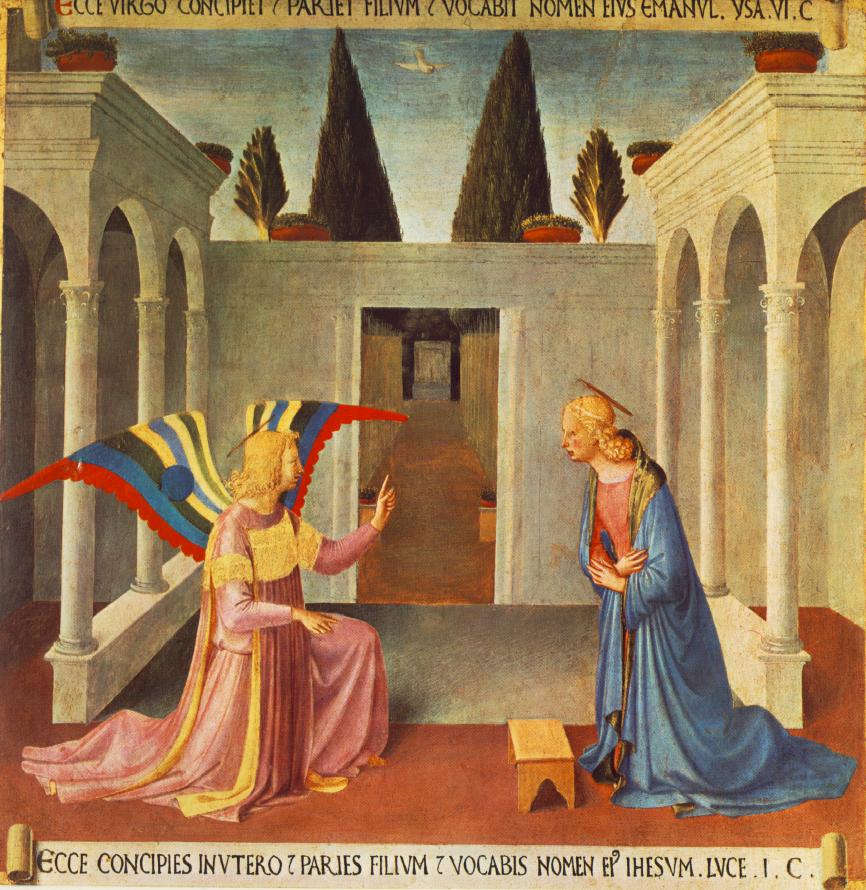This post is part of the Faith of Theologians series. A full list of the previous responses by fellow colleagues can be found at the bottom of Dana Dillon’s post introducing and explaining the series.
The first thing I honestly think about when I reflect on my faith journey is that I was supposed to end up a statistic of some sort. In certain ways, my life story was a textbook case of someone destined not to have a stable and healthy personal relationship and fated for a life of disbelief in God rather than a life of faith. The details do not matter so much as my attitude toward all matters religious while growing up. Put simply, if you asked me anything about God, I would tell you what I thought you wanted me to say rather than what I really believed. Over time, I perfected this technique, especially when having to attend religion class as a young girl or in high school. One reason I was lost when it came to my belief in God is that I had two very different life experiences growing up that left me bewildered about where I stood when it came to the question of belief or disbelief.
On the one hand, I had profound experiences as a child with my maternal grandmother. To this day, memories of her flow through every fiber in my body. I can see Grandma Pfeiffer kneeling on the kitchen floor, clutching her rosary, rapidly repeating the Our Father and Hail Mary because a thunder and lightning storm was fast approaching. Every now and then, she would break rhythm to check on me and make sure I was reciting the words along with her. She would look at me with her serious, deep dark brown eyes (which I am thankful I inherited, along with my first daughter) and assure me all of the noise from above was simply God bowling with the angels. She promised me the “game” would eventually end, and with that assurance, I would return to praying words I did not comprehend but did not dare not recite given the intensity of belief I felt radiating from her body in those tense-filled moments.
Contrast this experience of faith with that of my mother walking through the door of my residence hall freshman year at The College of the Holy Cross (Worcester, MA) and me immediately looking at her and saying “It’s him, isn’t it?” The “him” in that sentence referred to my father and me somehow sensing upon seeing her in the entryway that something had gone wrong. Seconds after saying those words to her, I learned of my father’s suicide. This prompted so many emotions in me that I frankly cannot remember all of the details surrounding those last few months of my first year in college. What I do recall from that time in my life when I was just 19 years of age is this: I finally had to confront my personal life given my father’s suicide because everyone around me had lots of questions for both me and my mother. I returned to Holy Cross a week after my father’s death and began a spree of storytelling because I could not handle college counselors eager for me to confess and process my family’s history up until that point. So yet again, the pattern of telling people what they wanted to hear was in full effect. I did not dare seek solace in whatever belief I possessed at the time, and I was too afraid to turn to God as I feared there would be no answers. Instead, I just returned to doing what I was supposed to do—pursuing an undergraduate degree in biology and pre-medicine because I was supposed to become a doctor.
Obviously, you know that I am not a doctor but rather a Catholic moral theologian. Explaining that journey would take more space than I have in front of me. What is important to know about that journey, however, is that I entered my twenties extremely envious of anyone who could easily speak about their faith and belief in God. Distressed that I could not find my way on to this “path of faith,” I resorted to placing myself around persons of faith, secretly hoping that their faith would somehow rub off on me and help me make sense of how God worked in the world. I made a slew of decisions. For example, I decided to get confirmed during my junior year, and I trained to serve as an altar server senior year, desperately hoping it would make the mass experience come alive for me. Both were sincere attempts on my part to seek and find God because everyone at Holy Cross knew I was lost in church. I was not lost in the sense that I did not know what to do, but rather, I was lost and confused because I wanted to talk about God with other people rather than sit quietly in the pew and pray alone. That desire to talk about God led to another important decision, dropping my biology/premedicine major and declaring theology and religious studies as my formal major at the start of my senior year. At the time, I could not explain to the late Professor Frederick Murphy why I wanted to become a religious studies major. He knew about my life’s journey and thanks to his faith in me, I started a new intellectual journey even though it was towards the end of my college career. (Can you see where this is headed given my current vocation?)
Fast forward twenty years later, two theology degrees later, and I can say this: I am most at home with my belief in God when I am in a classroom with a group of twentysomethings who are themselves either questioning or confirming their faith or simply plain lost (just as I was at their age). This same feeling of being at home with my belief in God when I am in a classroom is true when I am sitting around a table discussing theology with colleagues (and here I have fond memories of hot and humid summernights at Notre Dame attending the New Wineskins conference each July for young and untenured Catholic moral theologians). My faith comes most alive not when I am alone in the pew or closing my eyes to pray (something I still struggle with to this day), but rather when I am with others talking about their faith. (Yet, I must admit that in recent months, I am learning from my kindergarten-age daughter that the quiet of the pew can be a safe place. Thank you, Sarah—every day you teach me something new about God!).
In closing, what I have come to accept about my life and my faith journey is that it has been in these life moments briefly described above that I have connected most with God and thankfully discerned what I was “supposed to do.” Through God’s grace, I have discovered that the classroom is my church, as it is where my past, present, and future come together and where I am most able to wrestle with life’s questions, feelings of self-doubt, and most importantly my belief in God. At the start of each semester, I share pieces of my life story with my students because I want my students to know there is a way out of “I was supposed to do or become… X, Y, or Z.” I share my faith journey in this context because I hold fast to the conviction that a living faith is a faith that is engaged. It is a faith that asks, seeks, questions, and even at times doubts. Fortunately, in all of my asking why and in all of my doubting, I have learned a valuable lesson: God is the ground upon which I walk. Put differently, my past experiences, especially those of becoming a theologian , spouse, and mother, are a testimony to Christ’s words to his disciples in Luke 11:9: “So I say to you, ask, and it will be given to you; seek, and you will find; knock, and it will be opened to you.”





Dear Kari-Shane, Thank you so much for sharing your story with us, and especially for sharing the hard parts of your story. So much of what you have written resonates with me, especially when you talk about experiencing God in the classroom, at New Wineskins, or at conferences. Your story is also a reminder to me that as teachers we do not know what hurts our students bring to class. What a privilege it is to help students learn about the faith, or explore different parts of the tradition than the ones they may have been exposed to before entering our classrooms. I love the idea of the classroom as sacred space where we continue to wrestle with life’s biggest questions. Thanks again for sharing!
Kari-Shane, your story gives flesh and blood to what a faith journey can “look like.” People who question, doubt, search, look around for companions on the journey, rejoice at a bit of light . . . are engaged on a sacred adventure, even though the destination is not clear and it’s tough to read any road signs. Thanks for sharing and for your perserverance, then and now as you walk step by step. Mary